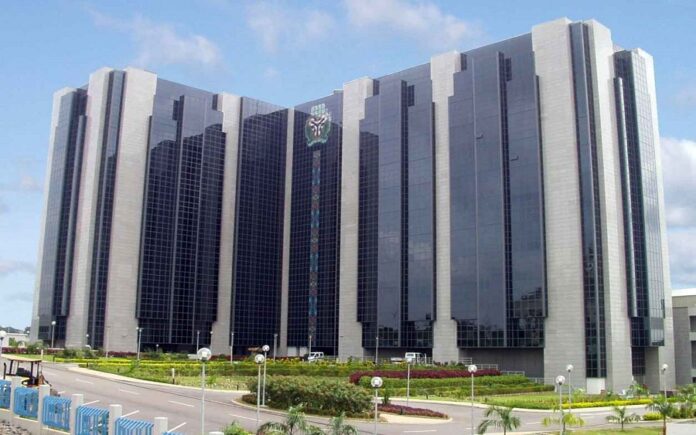The Central Bank of Nigeria (CBN) has been advised to activate effective monitoring of Deposit Money Banks (DMBs) to close loopholes for shady forex practices, collusion, and round tripping.
In his personal note released at the weekend, member of the Central Bank of Nigeria (CBN)-led Monetary Policy Committee (MPC) Prof. Festus Adenikinju, said Nigeria is going through turbulent times economically with some economic indicators moving in the right direction, while others are moving in the wrong direction.
He said the CBN has succeeded in expanding both aggregate credit in the economy, as well as directing single interest rate to micro small and medium enterprises and households.
However, the exchange rate movements remain worrisome. “The demand pressure in the formal market remains exceedingly high. The challenge is how to boost foreign exchange supply to the economy. Given the four major sources of expanding supply: oil exports, foreign capital flows, remittances and non-oil exports, foreign portfolio investments, while desirable, is however, very fungible,” he added.
Continuing, Adenikinju, said oil exports is similarly very volatile, adding that the long-term interests of the country would be served by encouraging remittances and non-traditional exports.
“Hence, suggestions to nationalise remittances will be counterproductive to the economy in the long term. Nigerians should be encouraged to bring in their funds into the economy by removing any uncertainty around the ownership and management of such funds,”he said.
Adenikinjuadvsied the CBN to conduct study to better understand the working of the foreign exchange market in Nigeria, especially the microeconomic factors driving economic agents’ behaviour in the market.
“In the light of the above, I would like to make the following recommendations: First, given the limited options open to the Bank to expand foreign exchange supply in the near term, there is a need to carry out a comprehensive study of foreign exchange market operations in Nigeria with a view to determining the fundamental drivers, and relative sizes of the segments of the foreign exchange market in Nigeria,” he said.
He also called for continuous communication to market operators on the policy of the bank and assurances that customers will continue to have access to their domiciliary accounts is particularly important to improve transparency and certainty.
“Given the fragile growth currently recorded in the economy, and the high poverty and unemployment rates, CBN must sustain its current intervention programmes to boost domestic supply and create jobs.
The other initiatives of the bank in areas like creative industry and reactivation of the Commodity Exchange are pivotal to increasing employment and reducing poverty, especially among the youths. In similar vein, the Development Finance Department should prioritise credit support for exporters,” he said.
“Moreover, the implementation of the Petroleum Industry Act should help to drive investment into the petroleum sector. This has the effects of boosting the oil sector’s contributions to growth. Expanding oil reserves will provide a basis for OPEC to increase the quota allocated to the country”.
“The INFRACORP idea proposed by the Banking Committee is a very brilliant initiative. It will provide alternative source of financing infrastructure development for the country. This will relieve pressure on government accounts. There is a need to expedite action on its practical implementation.”



